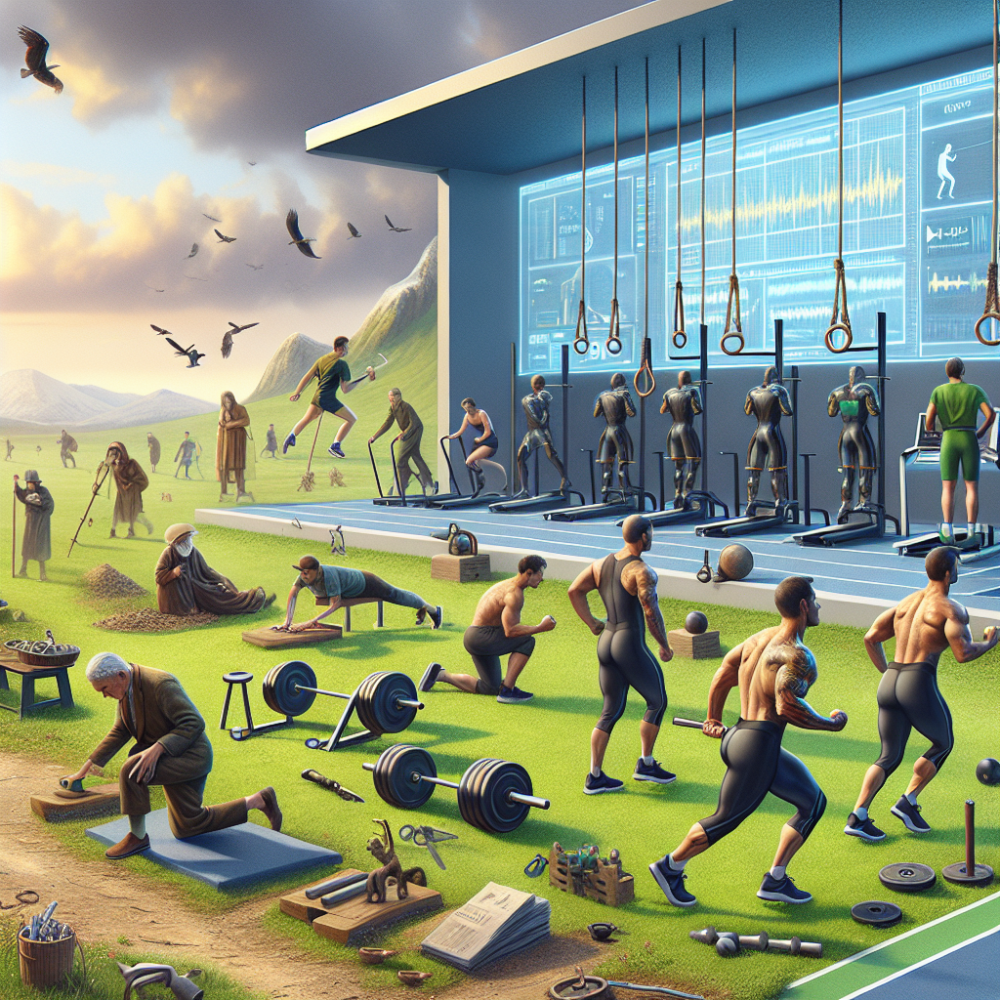In the pursuit of peak athletic performance, the evolution of training methodologies has played a crucial role. Today's athletes benefit from advanced training regimens that are the result of decades of scientific research, technological advancement, and practical insights from training professionals. These sophisticated programs not only boost performance but also enhance the longevity of athletes' careers by reducing the risk of injuries.
Understanding Advanced Training Regimens
Advanced training regimens are comprehensive programs that integrate various components of fitness, including strength, endurance, flexibility, and mental conditioning. Unlike traditional training methods, which often focused on improving a single aspect of fitness, modern approaches are holistic. They are tailored to the specific demands of the sport and the individual needs of the athlete, incorporating cutting-edge technology and methodologies to maximize performance.
Components of Advanced Training Regimens
-
Customized Strength and Conditioning Programs Each sport requires a unique blend of physical abilities. Advanced training regimens involve customized strength and conditioning programs that target the muscle groups and energy systems most utilized in the sport. For instance, a sprinter might focus on explosive leg strength, while a marathon runner would concentrate on endurance and energy management.
-
Data-Driven Performance Analysis Technology plays a pivotal role in modern training. Wearables such as GPS trackers and heart rate monitors provide continuous feedback, allowing coaches to analyze performance in real-time. This data is used to adjust training loads and intensities, ensuring that athletes are training at optimal levels without overtraining.
-
Nutritional Strategies Nutrition is a critical component of any advanced training regimen. Dieticians and nutritionists work with athletes to ensure their diet supports their training goals. This includes tailored meal plans that provide the right balance of carbohydrates, proteins, and fats, supplemented with vitamins and minerals to boost recovery and performance.
-
Psychological Conditioning Mental toughness and psychological resilience are as important as physical strength in achieving athletic excellence. Advanced training programs often include psychological conditioning, using techniques such as visualization, stress management, and cognitive-behavioral strategies to enhance mental strength.
-
Recovery Protocols Recovery is an integral part of any training regimen. Advanced programs emphasize the importance of rest and recovery processes, including sleep management, massage therapy, and active recovery sessions, which are crucial for tissue repair and muscle growth.
Impact of Advanced Training Regimens
Advanced training regimens have significantly impacted the world of sports. Athletes are now performing at levels that were once thought impossible. Moreover, these regimens have also extended athletes' careers, allowing them to perform at high levels well beyond the traditional age of retirement in many sports.
-
Performance Enhancement By scientifically optimizing each aspect of training, athletes can achieve improvements in speed, strength, and endurance. This optimization leads to remarkable performances in competitive environments.
-
Injury Prevention With a greater emphasis on proper form, balanced training, and recovery, advanced regimens help in significantly reducing the occurrence of injuries. This is particularly crucial in contact sports and high-impact disciplines like track and field.
-
Career Longevity By maintaining overall health and peak physical condition, athletes can enjoy longer careers. Advanced training methods ensure that the wear and tear on the body is minimized, and recovery protocols are maximized.
Conclusion
The adoption of advanced training regimens in sports has not only elevated athletic performance but has revolutionized how athletes train and compete. By embracing a holistic, data-driven approach, today's athletes can push the boundaries of what is physically possible while maintaining peak health and extending their sporting careers. As science and technology continue to evolve, so too will the methods by which athletes prepare for competition, promising even greater feats of human performance in the years to come.




